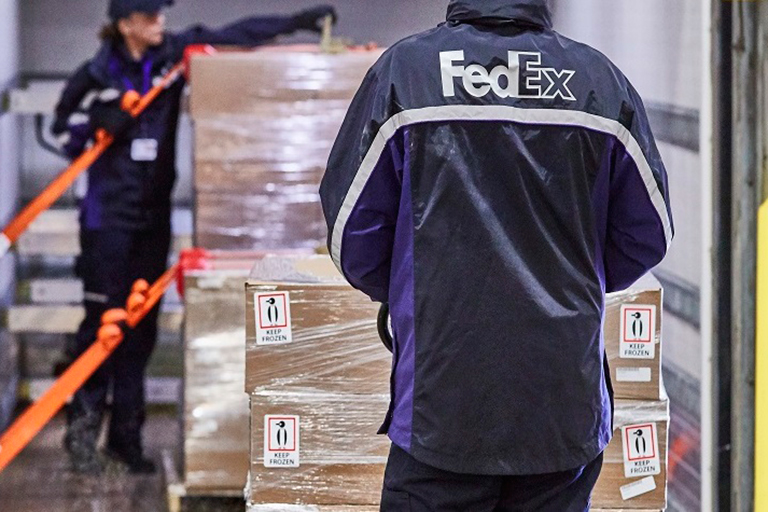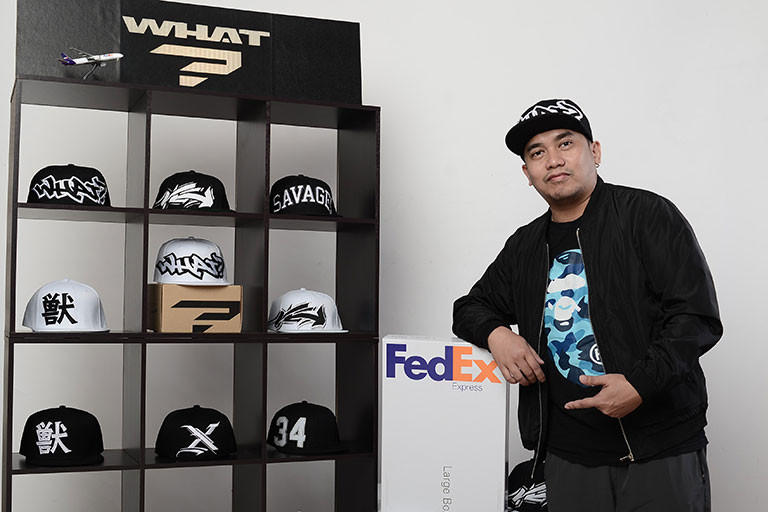How SMEs Build Business Resilience In A Crisis
The COVID-19 pandemic has tested the resilience of small business owners across industries and geographies. Here’s how you can navigate the changes in the new normal.
The impact of COVID-19 on businesses is deep and far-reaching.
An estimated 2.7 billion workers or 81% of the global workforce were affected by measures to contain the spread of the coronavirus. Halts in manufacturing, as well as lower demand for goods and services, were prevalent as countries closed off their borders. Micro, small, and medium-sized enterprises (MSMEs), which have smaller assets and cash reserves, are particularly vulnerable in the current environment.
While the health crisis has brought unprecedented disruptions, it has also highlighted ingenuity. Enterprises are changing their course through time-tested values of curiosity, flexibility, and innovation.
Explore new tools
Leaders need to explore new tools and avenues to address the unique challenges of their organizations and ensure business continuity. Small businesses have always been great at leveraging social media platforms as marketing and sales channels. With existing and potential customers spending most of their time in front of a screen, with at least one tab opened to a social network, conducting end-to-end transactions on social is the most cost-effective way to boost customer convenience.
With cashless transactions being the preferred method for both sellers and delivery riders, more and more consumers in the Philippines have become comfortable with bank transfers and online credit card payments. I anticipate this will now become the norm for the majority of local online shoppers.
Businesses have reaped benefits from this uptick in demand during this time, such as those dealing in alternative mobility, cooking and baking supplies, communications and technology, and online retail. Such businesses are re-assessing operational and logistical tools to ensure the safety of their workers as well as meet customer requirements.
While we have been regularly rolling out automation tools over the years to provide convenience to customers, the importance of pushing these tools out to drive adoption is now paramount. One of our recent offerings is the FedEx QR (Quick Response) Pay, a QR-code based mobile payment system that our customers can use for safe and secure cashless transactions.
To enable remote submission of customs documentation for export, we have the FedEx Electronic Trade Document. This not only serves as a safe and convenient option over in-person transactions, but also enables FedEx to process clearance of shipments even while the packages are in transit.
Cultivate a culture of trust
The best leaders invest in creating a culture of trust within their teams.
High-trust businesses have a distinct advantage when navigating through difficult times. In a high-trust organization, employees have a strong sense of shared purpose and, according to Harvard Business Review, collaborate well with other team members. While this culture cannot be built overnight, leaders can harness a crisis to lead with trust and shape the future of their companies.
The future of work hinges on empathy. Whether you are a supervisor leading a team of two or a CEO heading a global firm, what you say and do affects others.
To build and maintain a culture of trust between management and employees, consistent, timely, and honest communication at the workplace is a must. Leaders are compelled to become more flexible, empathetic, and supportive to boost morale and, therefore, productivity.
Providing customers with genuine support for their changing concerns is another way of strengthening trust. More businesses are focusing on efficient solutions and innovative thinking to keep their customers and employees safe. They are also creating more inroads to meet the immediate needs of their communities, often pivoting their offerings to ensure both business continuity and customer satisfaction.
The response of the food, beverage and hospitality sectors, which have pivoted towards creating at-home experiences for their customers while providing assistance to medical frontliners, is a strong example of a culture of trust in action.
Spearhead out-of-the-box innovations
History has shown that ingenuity in the face of challenges drives results. FedEx founder Fred Smith’s economics paper for overnight delivery revolutionized the global logistics industry. In the Philippines, fashion designers, textile manufacturers, and owners of 3D printing facilities came together to develop solutions to quickly address the shortage of personal protective equipment (PPE) for healthcare frontliners in the country, especially during the first few weeks of the quarantine when access was most difficult.
But not all innovations need to be high-tech; the strongest example being the adaption of “work from home”. Business owners and leaders are forced to find ways to foster trust among internal and external stakeholders in the absence of face-to-face interactions. Pooling innovative ideas and executing dependable teamwork make for an agile organization. Enterprises that can swiftly pivot and adapt processes can succeed in a remote environment.
None of us are trained to lead a business through a global pandemic such as the one we are going through right now. However, with help from established partners, including essential service providers such as FedEx, your business continuity ambitions are in the right hands. FedEx isn’t waiting for the world to define ways to adapt to the “new normal” – we are defining it. Our priority at FedEx Philippines is to help SMEs navigate the changing global trade landscape.
Learn from a global leader in resilience and innovation: follow Fedex APAC’s LinkedIn page for more insights from across the region.
-
Previous
 Today’s Cold Chain – Connecting The World Of Care
Today’s Cold Chain – Connecting The World Of Care -
NextHow Filipino Streetwear Went Mainstream


















 The Latest
The Latest